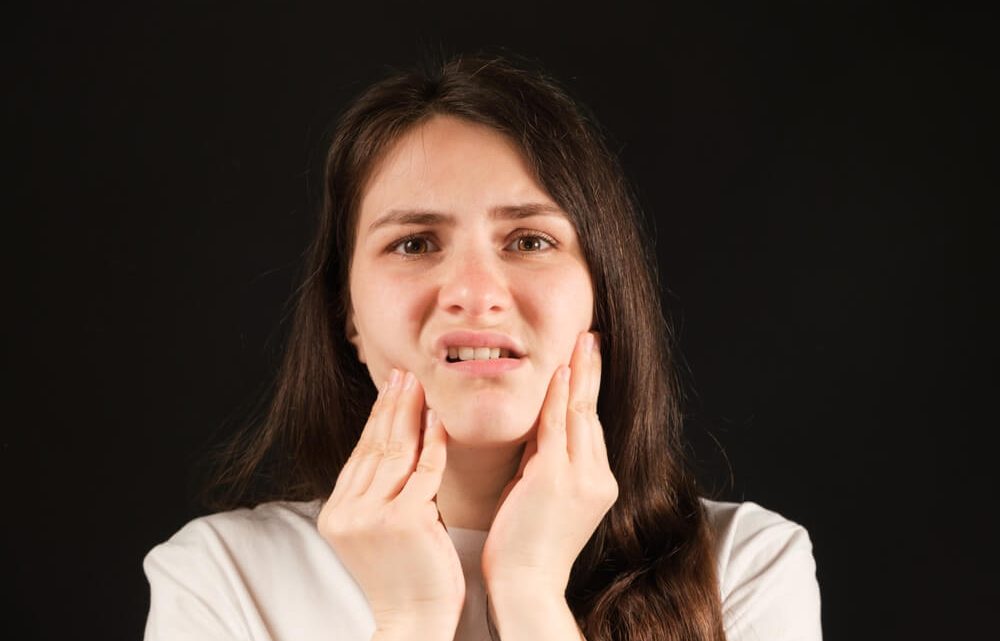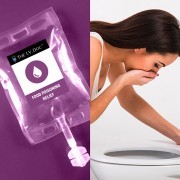Jaw Soreness After Filling

Jaw soreness after a filling is a common complaint many patients experience after visiting the dentist. This discomfort can range from mild to severe and may be accompanied by other symptoms such as tooth sensitivity, difficulty chewing, or even headaches. Understanding the reasons behind jaw soreness and what you can do to alleviate it can make a significant difference in your recovery and overall dental experience.
Why Does Jaw Soreness Occur After a Filling?
There are several reasons why you might experience jaw soreness after a dental filling. One of the primary causes is the manipulation of the jaw during the procedure. When you’re sitting in the dentist’s chair for an extended period, your jaw is held open, which can lead to strain on the temporomandibular joint (TMJ) and the surrounding muscles. This strain can result in soreness and discomfort.
Another factor is the injection of local anesthetics. While these injections numb the area, allowing the dentist to work without causing you pain, they can also cause inflammation and irritation to the tissues around the injection site, including the jaw muscles.
The filling procedure itself, which involves drilling and preparing the tooth, can also lead to jaw soreness. The vibration from the drill, the pressure applied during the procedure, and the possible irritation of the nerves in the area can all contribute to discomfort in the jaw.
What Can You Do to Alleviate Jaw Soreness?
Fortunately, jaw soreness after a filling is usually temporary and can be managed with a few simple strategies:
Rest and Relaxation: Give your jaw a break. Avoid chewing gum, eating hard or chewy foods, and try to rest your jaw as much as possible for the first day or two after the procedure.
Warm and Cold Compresses: Applying a warm or cold compress to the affected area can help relax the muscles and reduce pain. Warm compresses can increase blood flow and help soothe the muscles, while cold compresses can reduce swelling and numb the pain.
Over-the-Counter Pain Relievers: Over-the-counter pain relievers such as ibuprofen (Advil, Motrin) or acetaminophen (Tylenol) can help manage pain and reduce inflammation. However, always follow the recommended dosage instructions and consult with your dentist before taking any medication.
Soft Diet: Stick to a soft diet for a few days after the procedure. Foods like yogurt, scrambled eggs, and mashed potatoes are gentle on the jaw and can help minimize discomfort.
Massage and Stretching: Gentle massage and stretching exercises can help relax the jaw muscles. Place your fingers on the top of your jaw and press down gently while opening your mouth, or try massaging the area in a circular motion.
When to Seek Further Advice
While jaw soreness after a filling is common and usually resolves on its own within a few days, there are instances where you should seek further advice from your dentist. If you experience:
- Severe pain that doesn’t improve with over-the-counter pain relievers
- Significant swelling or bruising
- Difficulty opening or closing your mouth
- Pain that persists or worsens over time
- Fever or signs of infection
It’s essential to contact your dentist. They can assess the situation and provide the necessary guidance or treatment to ensure your comfort and the success of the dental procedure.
Conclusion
Jaw soreness after a filling is a temporary and relatively common side effect of dental procedures. By understanding the causes and taking proactive steps to manage your discomfort, you can minimize the impact and ensure a smoother recovery. If you’re concerned about jaw soreness or have questions about your dental procedure, don’t hesitate to reach out to your dentist. They’re there to help you achieve the best possible outcome and a healthy, comfortable smile.
FAQ Section
How long does jaw soreness last after a filling?
+Jaw soreness after a filling typically lasts a few days, with most people experiencing improvement within 24 to 48 hours. However, the duration can vary depending on the individual and the specifics of the procedure.
Can I prevent jaw soreness after a filling?
+While you can’t completely prevent jaw soreness, following your dentist’s instructions, maintaining good oral hygiene, and avoiding unnecessary strain on your jaw can help minimize discomfort. Communicating openly with your dentist about your concerns and any pain you’re experiencing is also crucial.
Is jaw soreness a sign of a problem with the filling?
+Jaw soreness alone is not typically a sign of a problem with the filling. However, if you’re experiencing severe pain, sensitivity, or other symptoms that concern you, it’s always best to consult with your dentist to rule out any potential issues.
